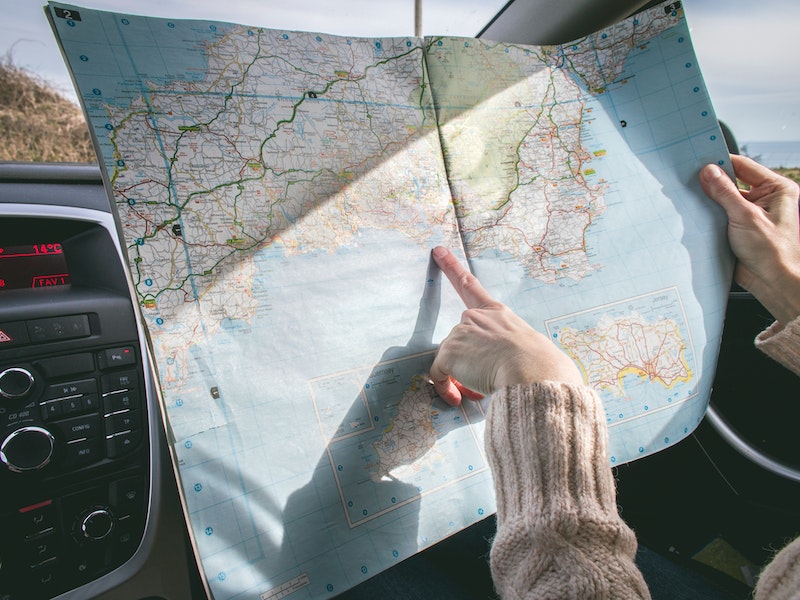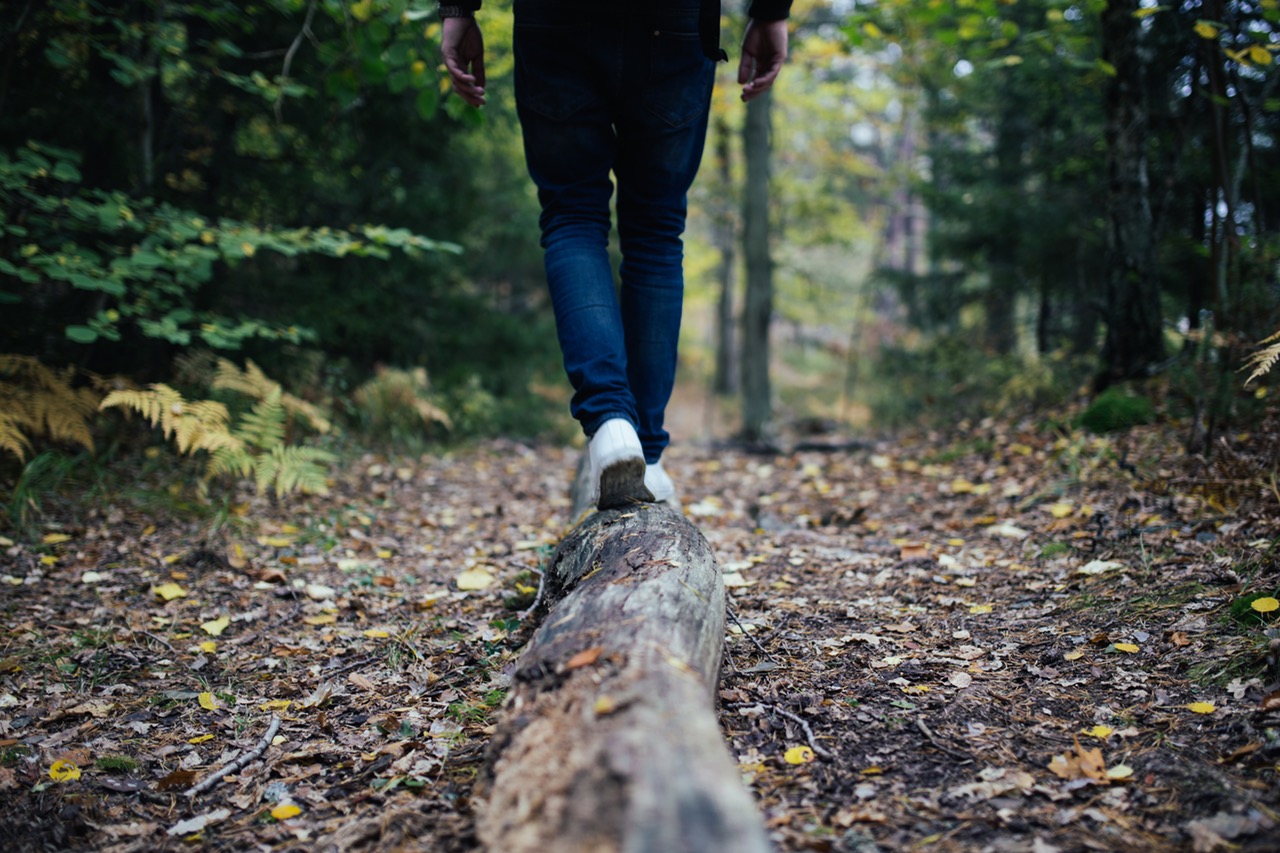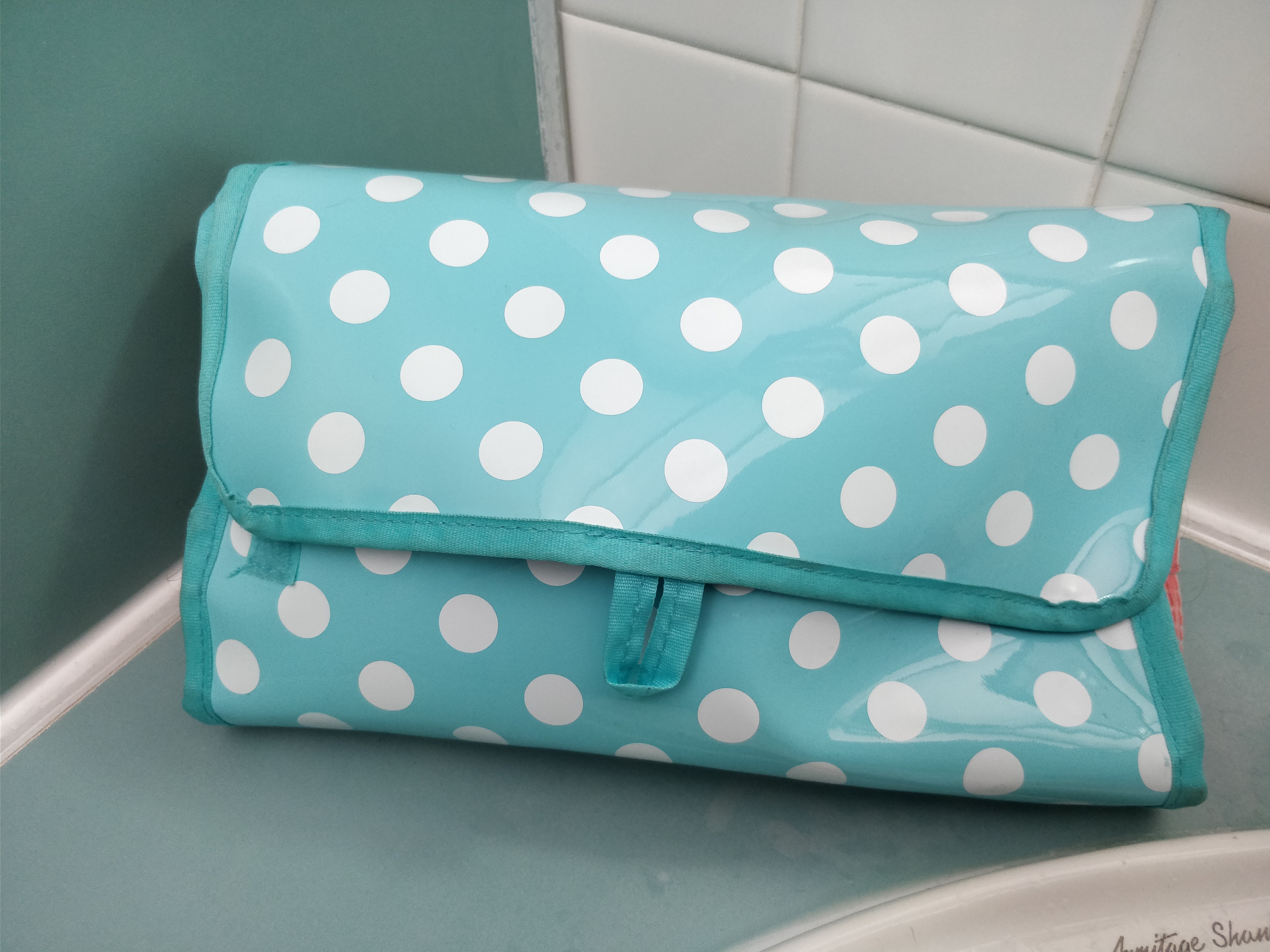Preparing for long-distance drives

Planning a long-distance drive can fill some people with dread while others relish the prospect. Whether you are going to visit family, embarking on a staycation or going to an event like a wedding, preparing for that drive is the key to success. Here are some tips to help you on your way.
Plan ahead
In the digital age, it is easy to rely on our phones to navigate our way around. However, it is best to plan your route ahead of time rather than winging it on the day.
This will allow you to plan in breaks which are essential for kids and adults alike. A chance to stretch your legs will do everyone the world of good. If you have smaller kids or are travelling with a dog, it may be a good idea to plan alternative breaks at set distances. This means that if your little one has nodded off you can keep driving with a plan in mind to stop later.
It is also worth noting where petrol stations are along your route. If you aren’t keen on paying for petrol at the motorway services, look for smaller towns just off the motorway.
Prepare your car
Giving your car a quick once over before you leave on a long drive is a great habit to form. Checking the tyres is essential so remember to check the tyre pressure properly. You may notice that your tyres look a bit worn in which case it is time to invest in some top-quality Bridgestone tyres.
You should check that your lights are working properly. Even though it may be sunny when you set off, the British weather can turn quickly so you will need to be certain you can drive safely. Similarly, check your wiper fluids are topped up to an adequate level.
If you suspect anything isn’t quite working correctly, get your car booked into a local garage for some checks before you embark on your journey.
Pack an emergency kit
Even after you have checked your vehicle thoroughly, there may still be an emergency where you need to act quickly. Make sure you have a well-packed emergency kit in your car at all times.
Keep it stocked with a first aid kit, torch, blankets and food and water that will last. Should something go wrong, you can keep everyone safe until help arrives.
You should also have an actual map stowed somewhere in your car as well. If you hit an area with no signal or your phone runs out of battery, it is good to have an alternative way to navigate if you aren’t sure where you are headed.
Parents may argue that entertainment for kids should always be in the car as well, especially on long trips. If you are packing toys consider getting some straps that will keep them attached to either the car seat or the car itself. This prevents your little one’s favourite toy from getting lost and ruining your trip.
If you are using electronic devices such as tablets or phones for films, remember to pack a charger or a power bank to make sure it lasts the whole trip.





